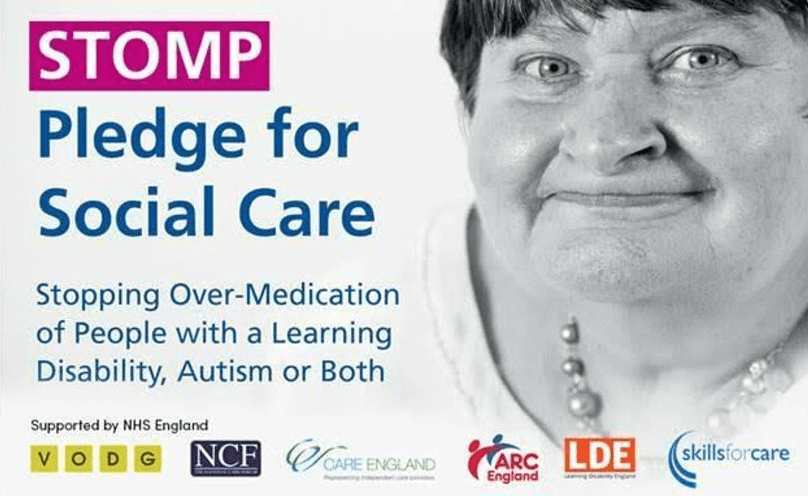More details about diagnostic overshadowing
When changes in someone’s behaviour are attributed to the person having a learning disability or autism, rather than to them potentially being unwell or in pain, it can mean health problems go unaddressed. It is a particular risk for people who do not communicate with words and for people who display distressed behaviour that may be managed with psychotropic medication.
"Diagnostic overshadowing occurs when a health professional makes the assumption that the behaviour of a person with learning disabilities is part of their disability without exploring other factors such as biological determinants. It has been defined in the following way: “once a diagnosis is made of a major condition there is a tendency to attribute all other problems to that diagnosis, thereby leaving other coexisting conditions undiagnosed.” (Neurotrauma Law Nexus)."
The RCN continue…
“Gates and Barr (2009) have noted that diagnostic overshadowing is particularly pertinent when new behaviours develop or existing ones increase. People with learning disabilities have a much higher risk of experiencing a variety of diseases or conditions, and it is vital that physiological or pathological determinants in behaviour change are explored. If they are not, people with learning disabilities can suffer poor care and avoidable deaths may even occur.
“Gastrointestinal cancers are approximately twice as prevalent in people with a learning disability; coronary heart disease is the second highest cause of death for people with a learning disability; and approximately 70% of people with a learning disability experience gastrointestinal disorders (Blair, 2015).”
It is clear that diagnostic overshadowing has significant negative health implications for people with learning disabilities and autistic people; particularly those who don’t use words to communicate and whose distress may be being communicated through behaviours of distress.
It’s important for GPs and nurses to get to know their patients, their patients’ circle of support and be flexible around healthcare and communication.
NHS England is running a campaign against the overmedication of people with learning disabilities and/or autism. STOMP is an important initiative Dimensions is supporting.









